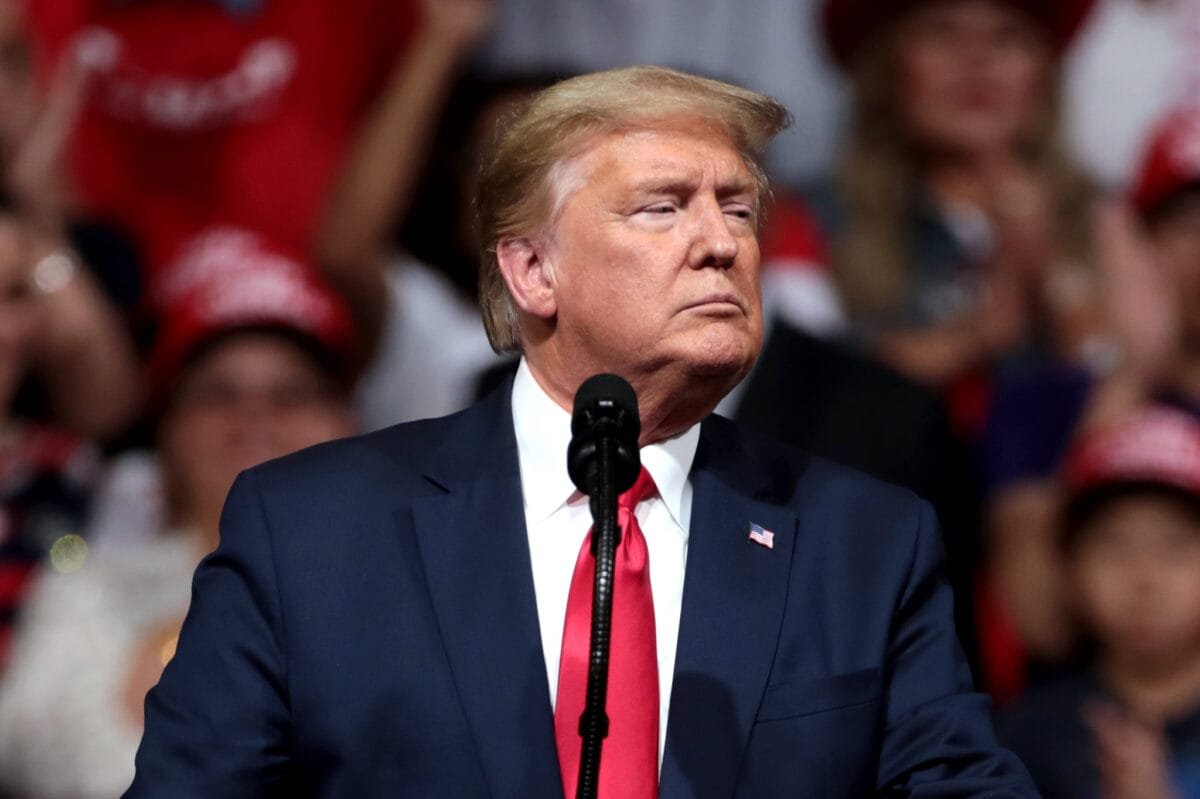Broadband Roundup: Trump’s Media Bias Panel, Facebook Shops, Virtual Private Networks in Hong Kong
May 26, 2020 — President Donald Trump has proposed a federal panel that would monitor alleged incidents of anti-conservative bias on tech platforms, according to The Wall Street Journal. The panel would work in conjunction with existing government offices like the Federal Election Commission and the










Member discussion